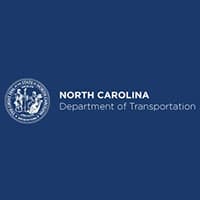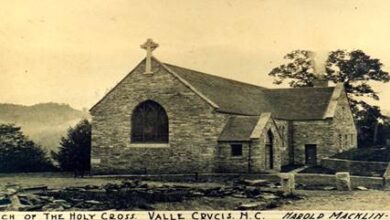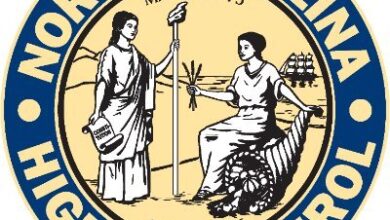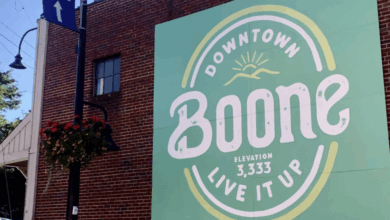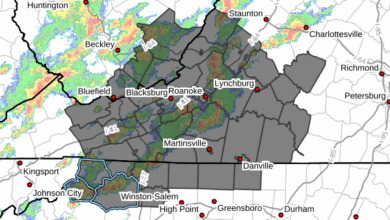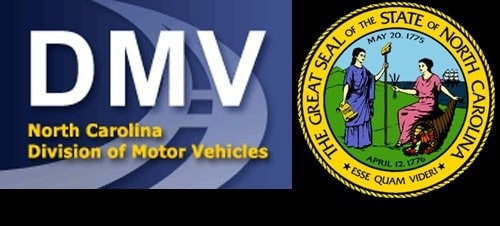Last Updated on November 29, 2017 9:37 am
Raleigh – North Carolinians with ideas about how to use $92 million from a court settlement to improve North Carolina’s air quality are encouraged to share their ideas as the State of North Carolina develops its plan.
Governor Roy Cooper named the Department of Environmental Quality (DEQ) as the lead agency to develop its Volkswagen mitigation plan. Close to 18,700 of the affected vehicles are registered in North Carolina, making the state eligible to receive more than $92 million dollars from the national settlement with Volkswagen AG and its Audi and Porsche affiliates.
“Clean air is important to our health and our economy, and this settlement gives us the opportunity to use funds paid by wrongdoers to make the air we breathe cleaner,” Governor Cooper said. “We want to hear from the public how we can best invest these funds to improve North Carolina.”
As DEQ drafts the plan, the Department is meeting with interested parties to gather information and determine the best use of the funds for North Carolina. Under the court-approved settlement, the funds must be approved by the court trustee and used to reduce certain harmful air emissions.
North Carolina aims to submit its plan to the court-appointed settlement trustee by next summer. The state anticipates beginning to receive funding from the settlement upon approval by the trustee.
The Division of Air Quality requests public input regarding what the state should include for potential funding in its mitigation plan. Individuals, tribes, governments, and groups are welcome to submit comments until December 31, 2017. The settlement includes strict categories for states to use when selecting eligible projects, which are outlined in the request for information.
The plan DEQ develops to use the settlement will specifically describe:
- Funding priorities to guide the planning, solicitation, and project selection processes;
- Categories of eligible projects to achieve the goals and how much funding should be allocated to each type;
- The potential benefit of these projects on air quality in areas that experience greater air pollution;
- Anticipated ranges of emission benefits for eligible projects identified in the plan; and
- Explanation of processes used to obtain public input on the plan.
The funding is the result of an investigation launched in 2015 by then-Attorney General Cooper and other state attorneys general into Volkswagen for making and installing illegal software devices to help some vehicles defeat emission tests. The U.S. Environmental Protection Agency discovered that certain diesel-powered automobiles manufactured by Volkswagen AG and its Audi and Porsche affiliates circumvented federal air emission standards and violated the Clean Air Act by allowing some vehicles to emit 40 times the allowable levels of nitrogen oxide (NOx). The car makers installed defeat devices in 2.0-liter 4-cylinder and 3.0-liter 6-cylinder diesel engines produced between 2009 and 2015.
To resolve the case, Volkswagen will pay $2.9 billion into an environmental mitigation trust fund to be shared among states and tribes. North Carolina expects to receive about $92 million from the trust between next year and 2027. Under the court-approved settlement, the money must go to reduce NOx emissions to offset the excess emissions caused by Volkswagen’s deceptive actions. In addition, Volkswagen will provide buybacks and repairs of affected vehicles for qualified owners.








